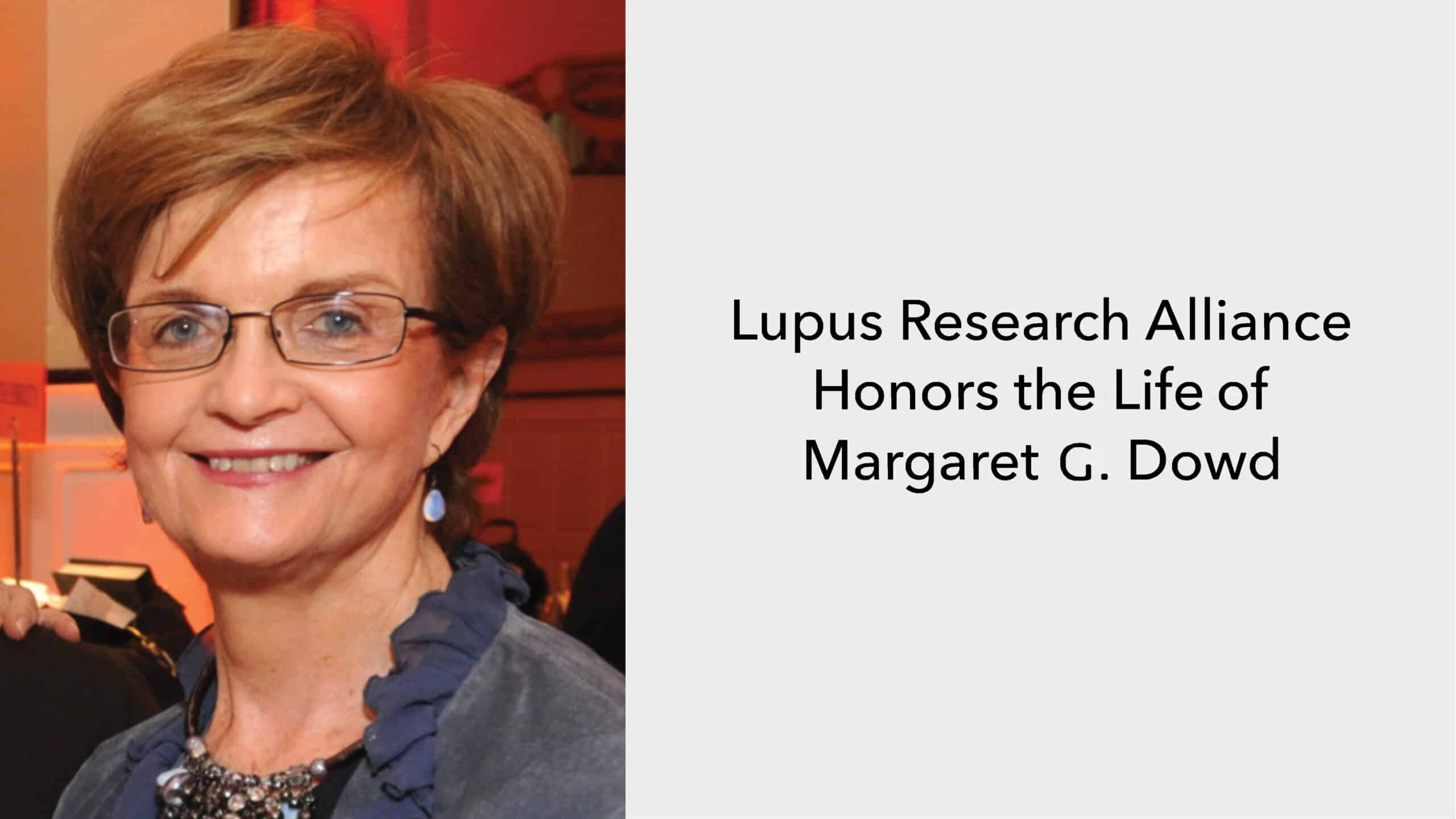Immunosuppressant Sirolimus May Offer a Lupus Treatment Option

Immunosuppressant Sirolimus May Offer a Lupus Treatment Option
April 5, 2018
A new clinical study published in the prestigious medical journal The Lancet found that sirolimus, a drug currently FDA approved to prevent organ transplant rejection, may offer a safe and effective treatment for lupus. In an accompanying editorial, Lupus Research Alliance Scientific Advisory Board Co-Chair Mary Crow, MD notes that in addition to showing the drug’s safety and effectiveness in lupus, the study provides insights that may spark more focused investigation into an important pathway for future treatments.
The drug tested, sirolimus, is an immunosuppressive manufactured by Pfizer under the brand name Rapamune®. Sirolimus inhibits the over-production of infection-fighting white blood cells called T cells that occurs when the immune system detects a foreign substance and activates a protein called mammalian target of rapamycin (mTOR). mTOR is responsible for controlling many cell functions including cell replication.
Conducted at State University of New York Upstate Medical University, the study assessed the safety, tolerance and effectiveness of sirolimus among lupus patients who had not responded or could not tolerate standard treatments. After 12 months of treatment with sirolimus, 55% of 29 patients who completed the study showed a statistically significant decrease in disease activity as measured by the commonly used tools, Systemic Lupus Erythematosus Disease Activity Index (SLEDAI) and British Isles Lupus Assessment Group (BILAG). In addition, the dose of prednisone required to control disease activity decreased significantly. It is important to note that this was a small “open-label” study, meaning that there was no comparison to placebo, and all participants were treated with sirolumus. Study investigators concluded that a randomized double-blind, placebo-controlled trial will need to be conducted to further study and confirm the results seen in this initial study.




